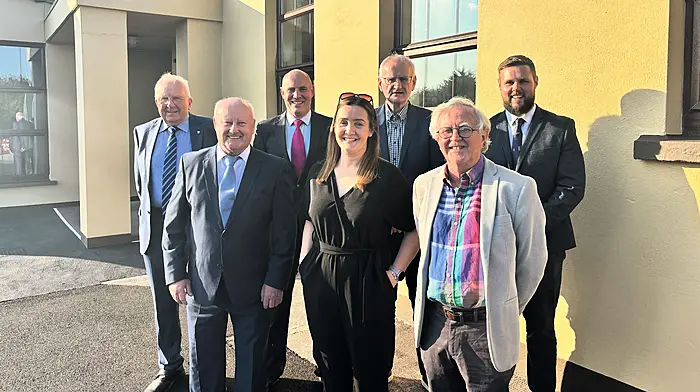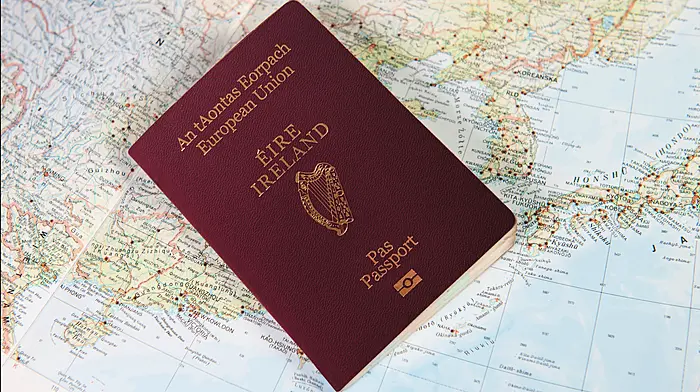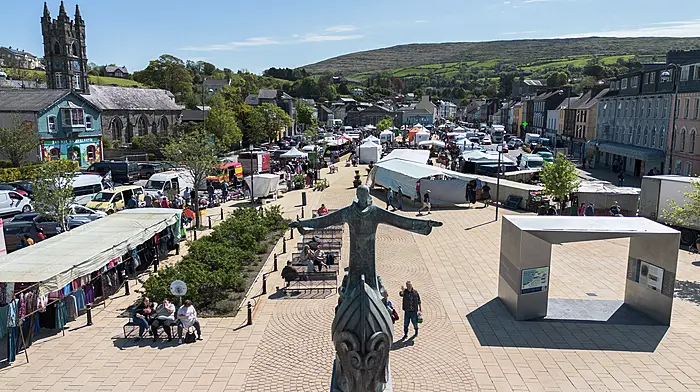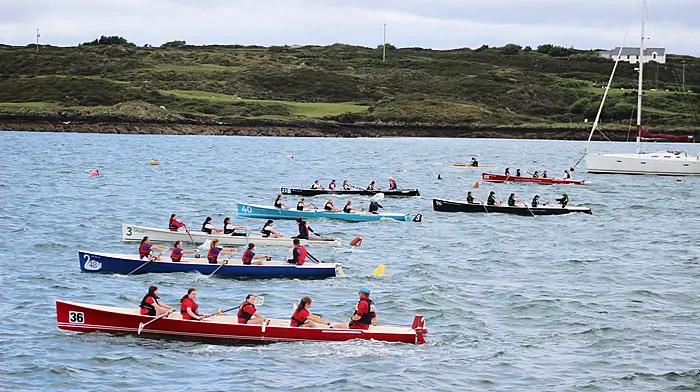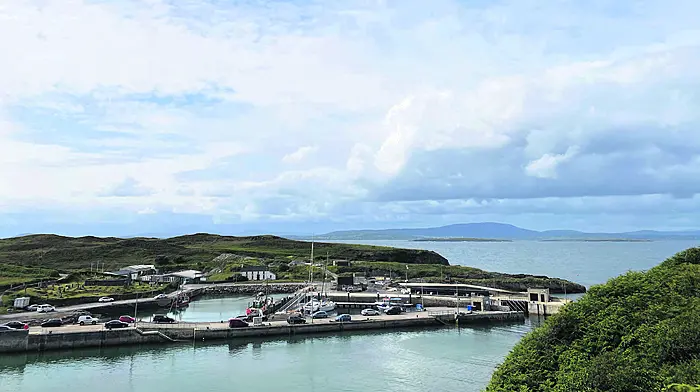The EU and Latin American bloc Mercosur are to make a new exchange of trade offers in early April, adding fresh momentum to an agreement which would have a major impact on Irish beef production.
THE EU and Latin American bloc Mercosur are to make a new exchange of trade offers in early April, adding fresh momentum to an agreement which would have a major impact on Irish beef production.
EU Foreign Affairs chief Federica Mogherini confirmed the imminent exchange of offers during a visit to Argentina on March 9th. Speaking after a series of meetings including with Argentine Foreign Affairs Minister Susana Malcorra and President Mauricio Macri, Mogherini said both sides were ‘working hard’ to ensure a new exchange of offers takes place. ‘It’s an ambitious but realistic goal … we want the agreement to happen sooner rather than later,’ she told reporters.
After two false starts, bilateral negotiations have gained greater impetus in recent months after Macri’s election, a centre-right liberal-minded politician, as President of Argentina in November 2015 replacing his more protectionist predecessor Cristina Fernández de Kirchner. The pro-trade Macri would like to develop his country’s economy and a pact with Europe’s affluent 500 million citizens is something that he is keen to secure.
EU Farm Commissioner Phil Hogan has repeatedly stated that he would fight to protect farmers’ interests, but the political trade-offs, which will include access for Mercosur’s beef to Europe, will be made at the eleventh hour at the highest political level. Commenting at the Agriculture Council on March 14th, Hogan said the Commission was ‘well aware of the agricultural sensitivities’ in relation to negotiations on Mercosur and promised to ‘promote the EU’s interests and open up new markets for European products.’
Ireland, with support from France, Austria, Greece, Romania, Poland, Belgium, Slovenia and Portugal have repeatedly voiced their concerns over the impact of a possible deal on sensitive farm sectors, particularly for beef. Macri has been invited to come to Brussels in the second half of the year.
Sheep meat
Part of the EU’s promotion budget must be ring-fenced for sheep and lamb meat, while the sector would benefit from an EU-wide campaign to promote its consumption among the younger generation, industry representatives said at the second meeting of the sectoral reflection group on February 25th. The workshop – set up last October and chaired by ex-IFA president John Bryan – seeks to develop the sector throughout Europe.
At the meeting, a number of industry figures voiced concerns about the recent hike in export volumes from New Zealand, as demand in China weakens as a result of its economic downturn. A number of producers and processors said they were worried about the impact large volumes of New Zealand lamb – targeted at the Easter market – would have on European price levels in the subsequent weeks and months.
Sheep meat needs greater investment, industry representatives stated, calling for a targeted ‘European lamb for European consumers’ campaign, while more needs to be done to highlight the benefits of the sector in terms of its economic, social and environmental contribution. There are nearly 85 million sheep in the EU, producing about 925 000 tonnes carcass weight, but Europe is only 88% self-sufficient in sheep meat.
The UK (Scotland leading), Spain, Greece and France are the main producing countries, accounting for 68% of the EU’s total production, while Ireland, Italy, Germany and Romania account for another 22%.
Key markets
Ireland’s sheep sector is worth around €200 million, with key markets for the country’s lamb in the UK and France and growth markets in Belgium, Germany, Sweden and the Netherlands.
When I am at home over Easter, I can imagine my twin brothers Ger and Noel – who have nearly finished another busy lambing season – will have some good ideas on how to better promote the sector.
• Rose O’Donovan is editor of the Brussels-based publication AGRA FACTS & a regular contributor to the video platform www.vieuws.eu




